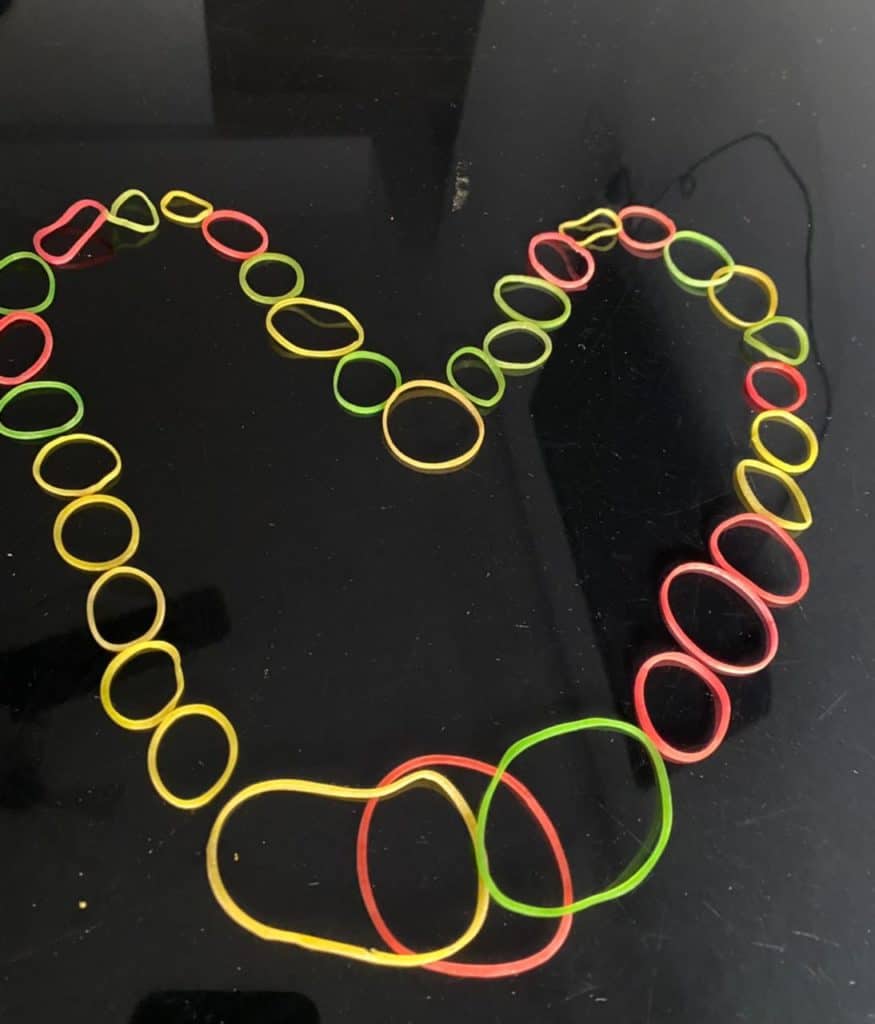While 2020 was decidedly not a great year for the entire world, we expected better times in 2021. So far, however, that has not been the case for India. We have seen alarming numbers of cases, including among children, high mortality rates and desperate scenes in hospitals and health facilities. Even as I write this, thousands of COVID patients in isolation and in hospitals are fighting a stiff physical and mental battle against the disease.
Even so, I still hold out hope that we will emerge from these terrible times, stronger than ever before, with a sense of togetherness binding us. And I say this with greater confidence following my most recent experience of contracting and recovering from COVID-19.
I live in a residential apartment called ‘Saradeuz Ecstasy’ at Perumbakkam. There are about 100 flats in all in the society. The apartment complex is relatively new, with the first occupants having moved in only at the start of 2020. During the first wave in 2020, we did not have too many restrictions. Many of the flats were vacant. However, during this second wave, things have not been the same. Most of the flats are now occupied, and the residents association requested residents to adhere to certain restrictions starting April 2021. Masking was a must and crowding in common areas was to be strictly avoided.
Read more: How to support efforts to help Chennai beat the COVID crisis
COVID diagnosis
Personally, I had taken all safety precautions and did not venture out without a valid reason. However, despite my efforts, three adults in the family contracted COVID-19 in the month of April 2021. My wife, my mother and I took the swab test after three days of fever; when the results came back positive, I immediately informed all the residents in the society through our common WhatsApp group used for communication.
I was beginning to get anxious about handling all the affairs at home while under quarantine. We also had to think about safe arrangements within the home for our children, my son aged 7 and daughter, who is just shy of 4. The children did not display any symptoms and we isolated them in a way such that they would have minimal contact with us.
Good Samaritans
As soon as I sent out the WhatsApp message, the apartment group was abuzz with lots of replies enquiring about our well-being. In the next hour, I got a call from the President of our residents welfare association (RWA), Ajith Kumar, asking about our health status. He also wanted to know if we were facing any difficulties.
Upon hearing that we were struggling to make daily meals, he immediately planned for our meals to be sent from his own house. For the first few days, he himself personally came to our house to deliver it at the doorstep. This was a huge surprise for me, as I had only heard of people taking a step back from COVID patients in isolation. Here was something totally different.
Slowly other residents began taking turns to supply us with healthy, home-made food during our isolation period. Each meal came from a different flat in each block. We were fearful that this could be an added burden on them but the residents brushed aside our reservations and continued sending us food. Even our pregnant neighbour took the trouble of cooking food for us! We got healthy food and even snacks on most days. One cannot ask for more than this, as I doubt we ourselves could have cared for our well-being as much during this time.
It was not just the food, but we also had all our other needs such as medicines and fruits delivered at the door by a few other residents. We received everything that we requested for within in an hour or two, despite most residents having to carry on with their jobs and daily chores.
Read more: Warriors on cycle: How Chennai’s ‘Relief Riders’ are helping COVID-affected families
Emotional support for COVID patients in isolation
For patients battling COVID, words of care also make a huge difference as they are going through a period of great stress and anxiety. That is exactly what we received from many members of the community. Everyday we were flooded with calls and messages, enquiring about us and our health condition. There was not a single day that we felt alone during the two weeks’ time spent in isolation. We didn’t feel any stress and I am certain that also helped in the road to recovery for me and my family.
This experience has made me realise that we are truly blessed to be surrounded by caring neighbours. We had heard harrowing stories about neighbours turning their backs on, or ostracising, patients in isolation. But such support as we received can save the COVID-affected from emotional trauma or stress in these days of vulnerability. My intention of writing this, therefore, is to highlight how even simple human gestures and support can make those dreaded days of COVID much more bearable.

Superb, that’s all